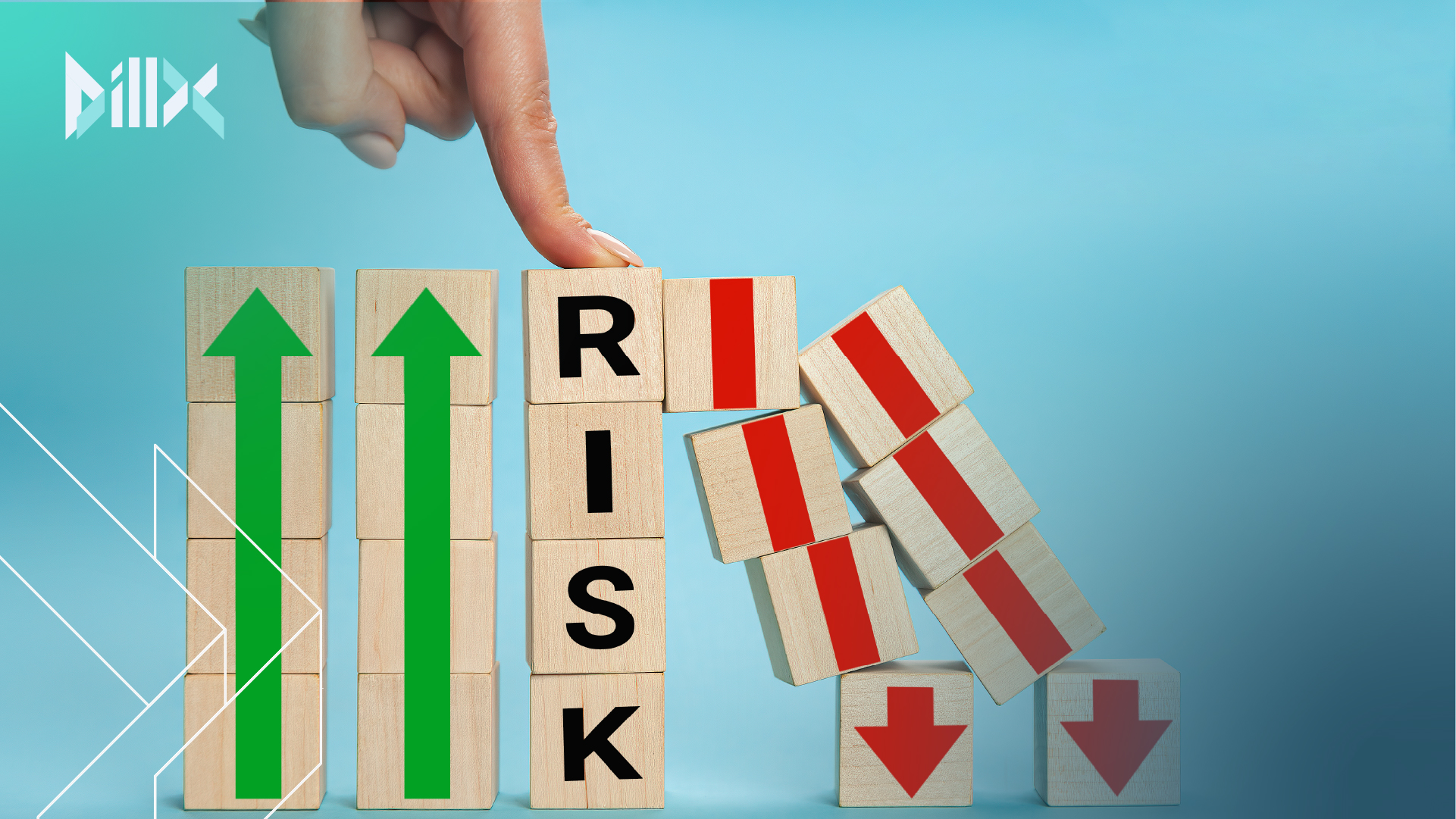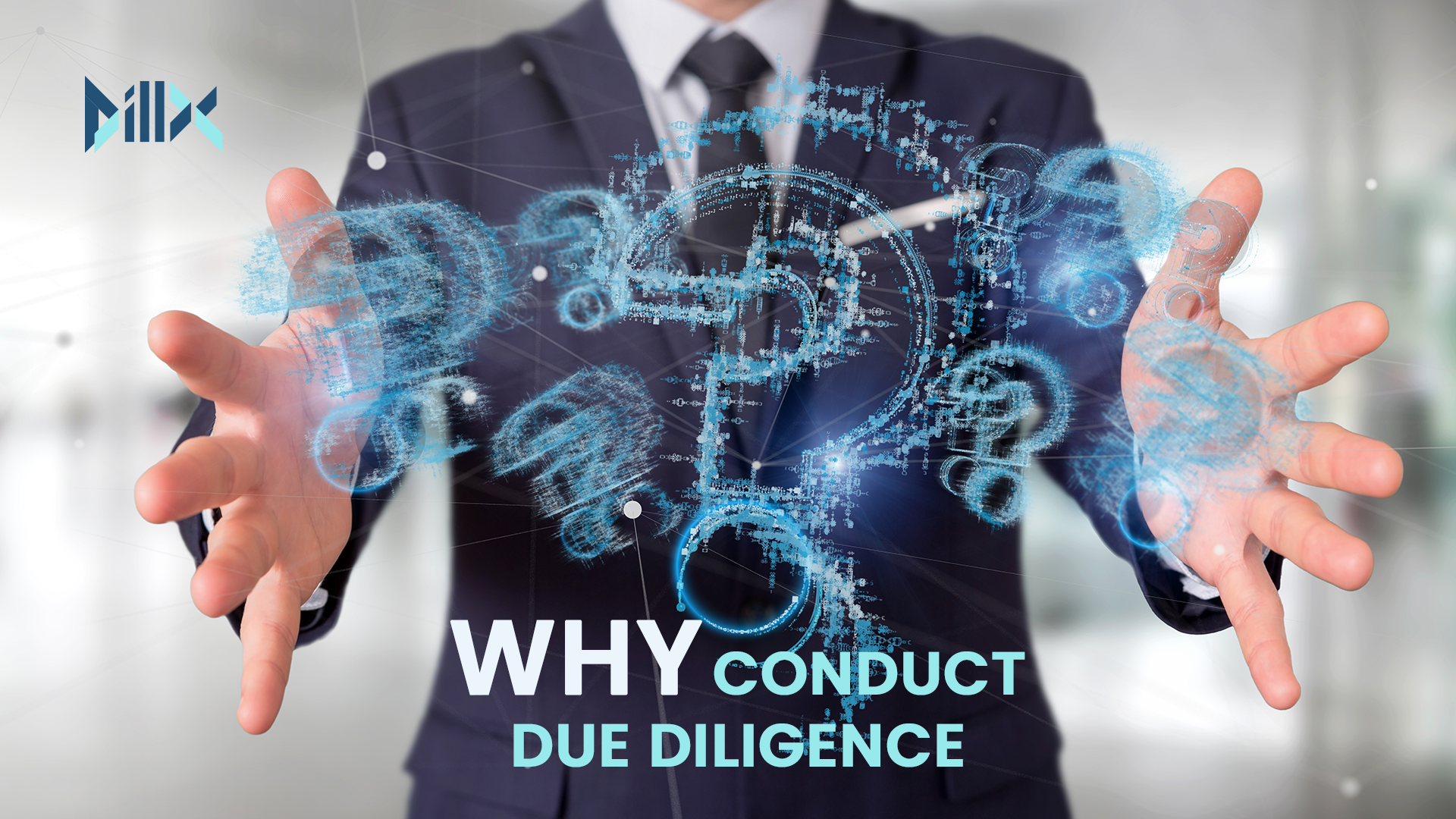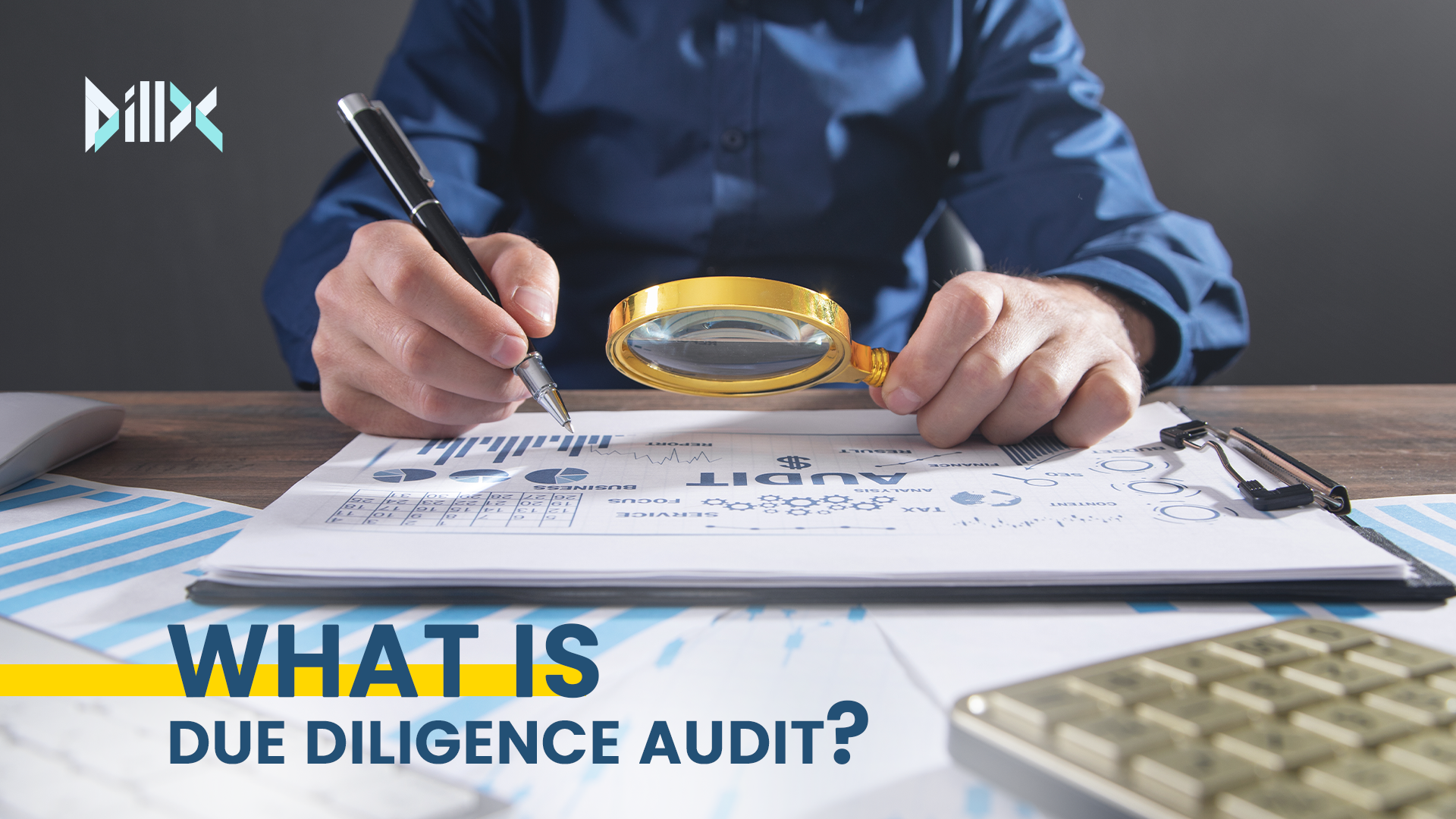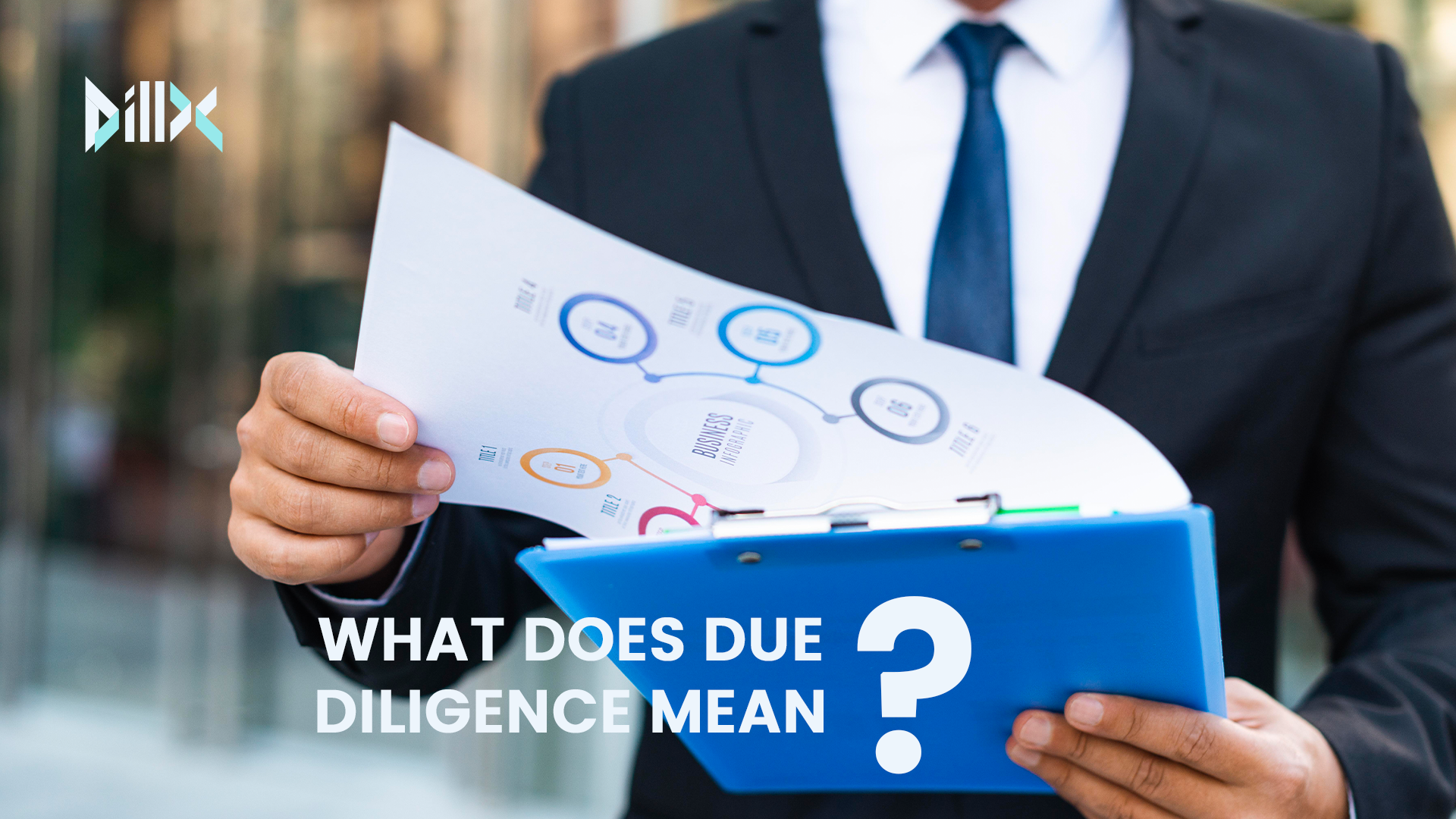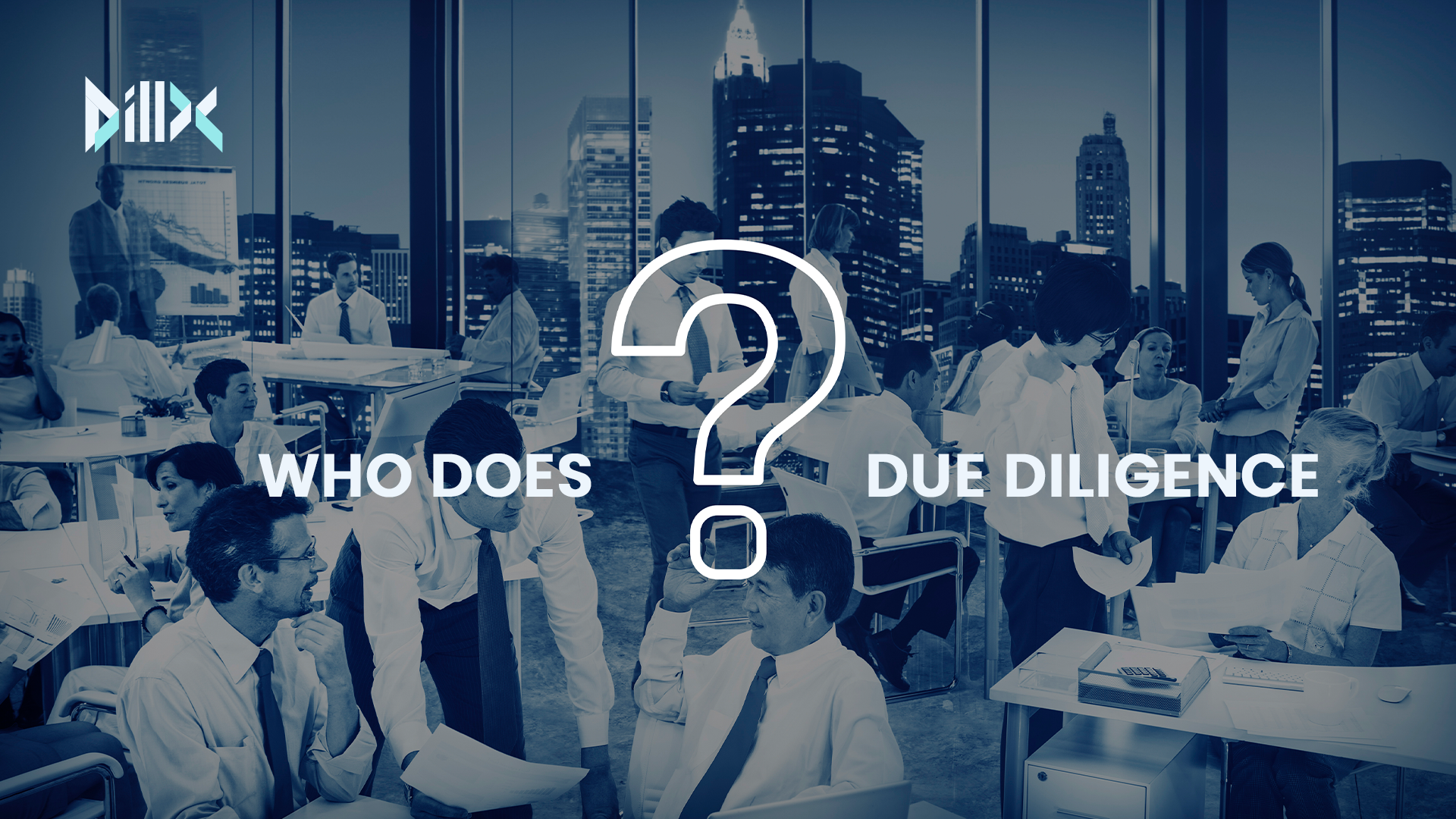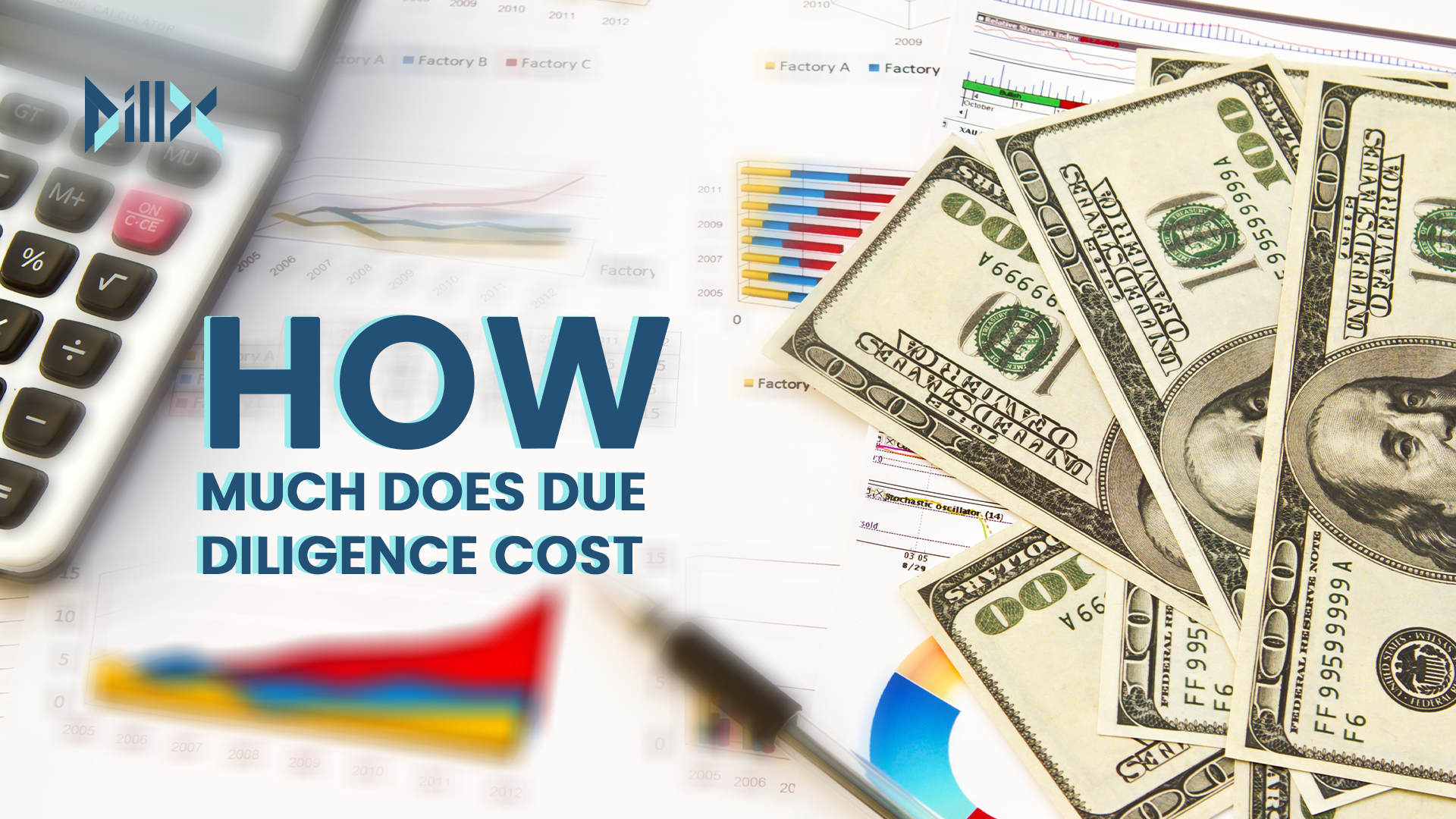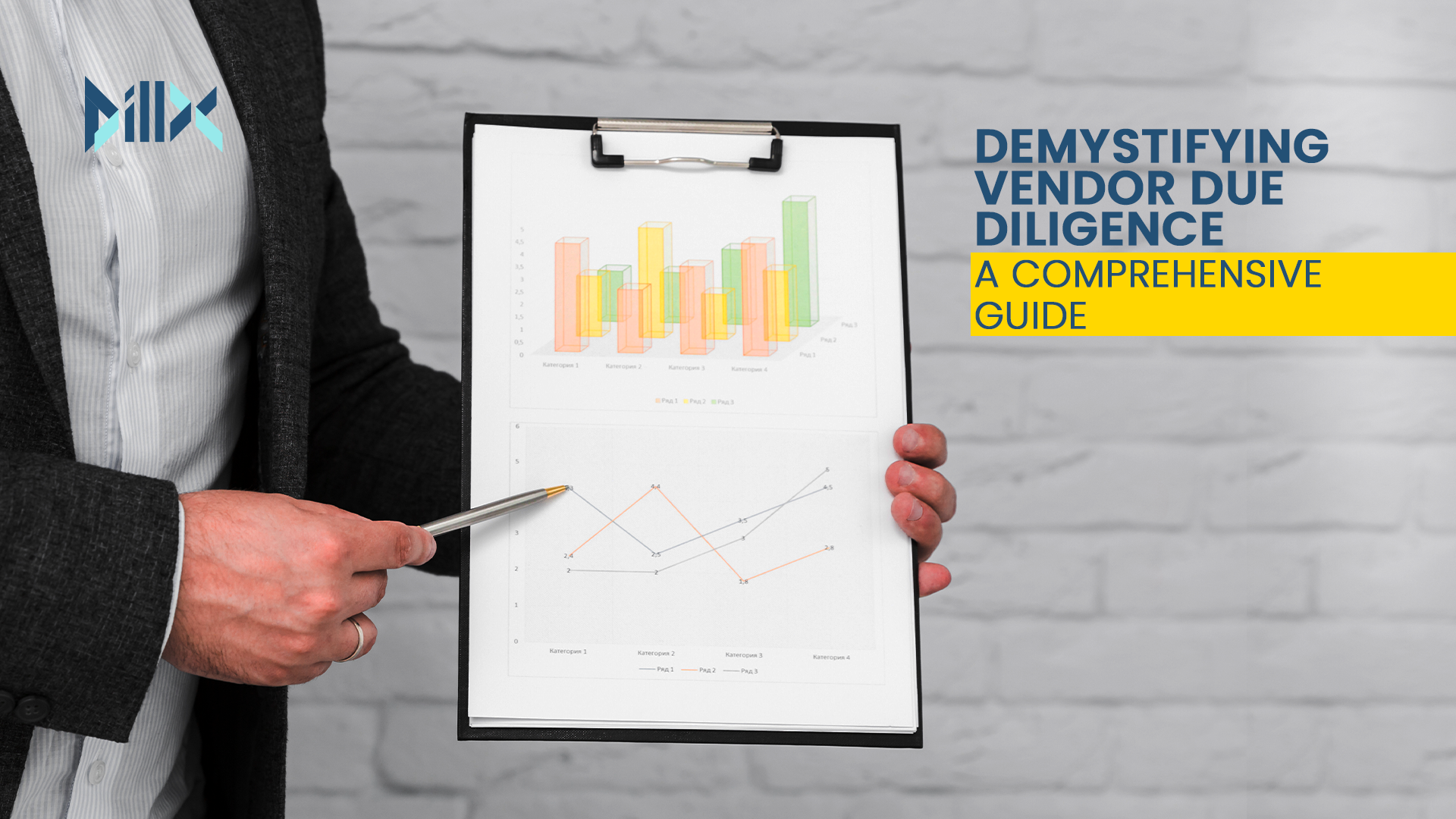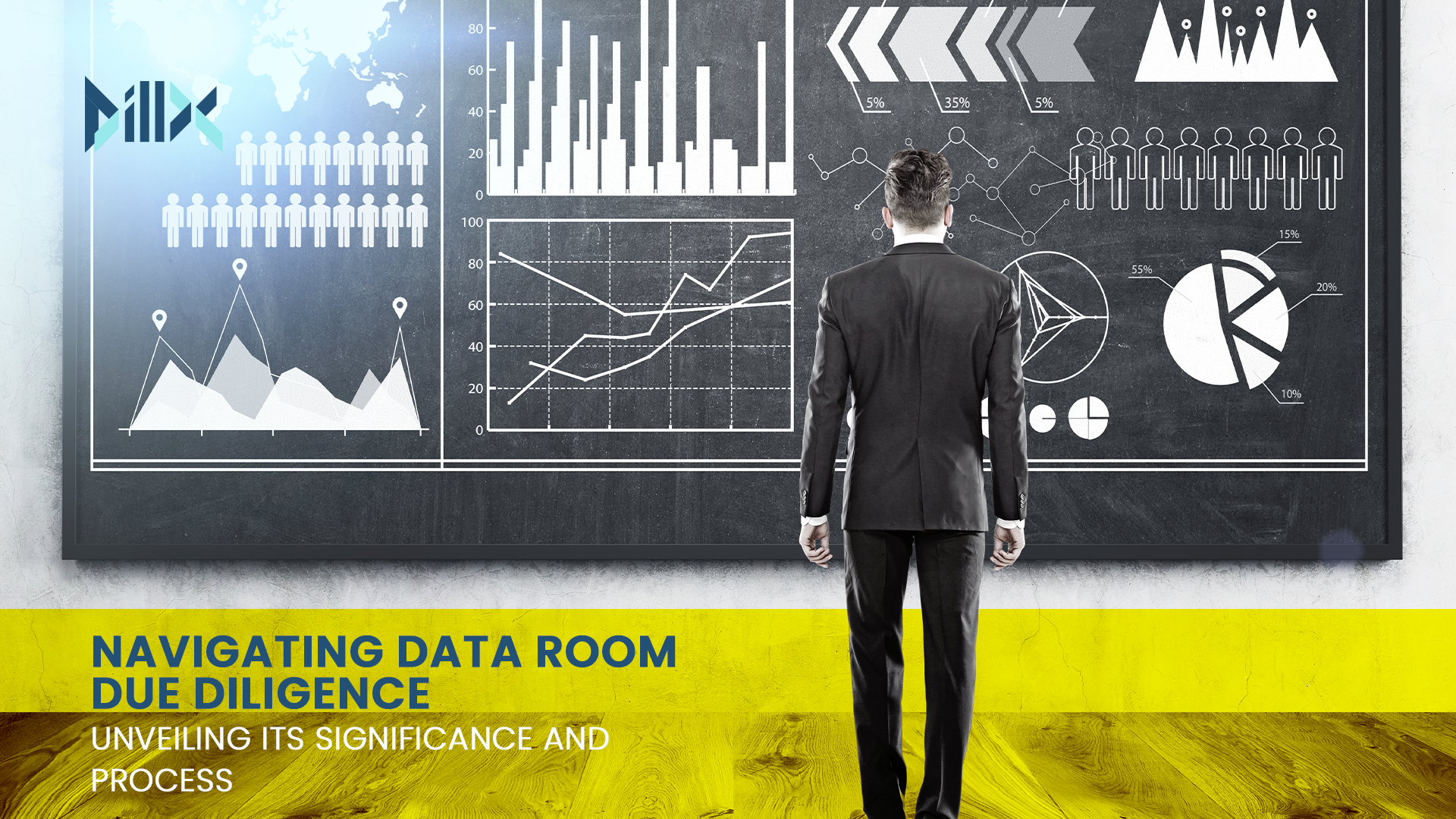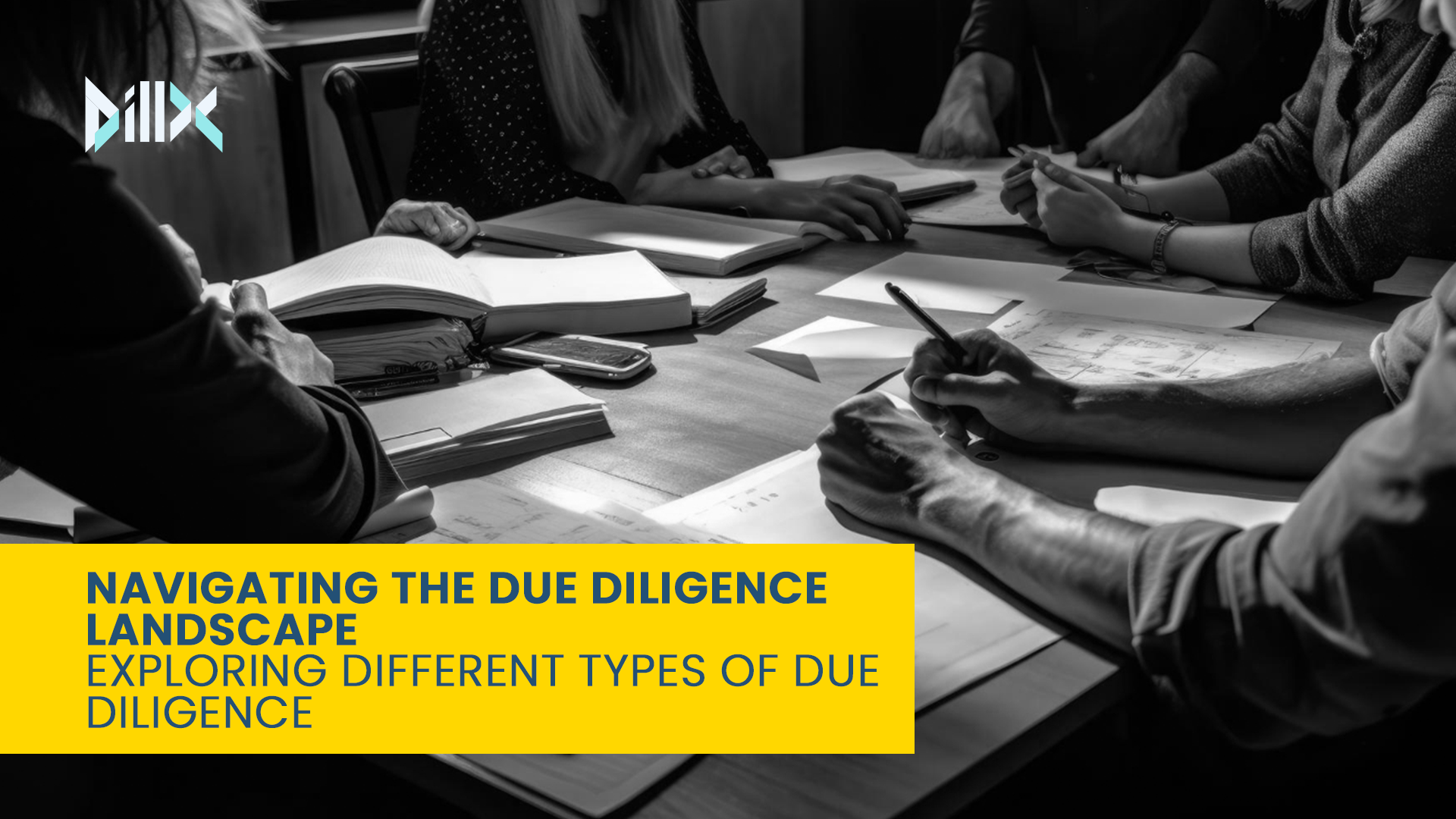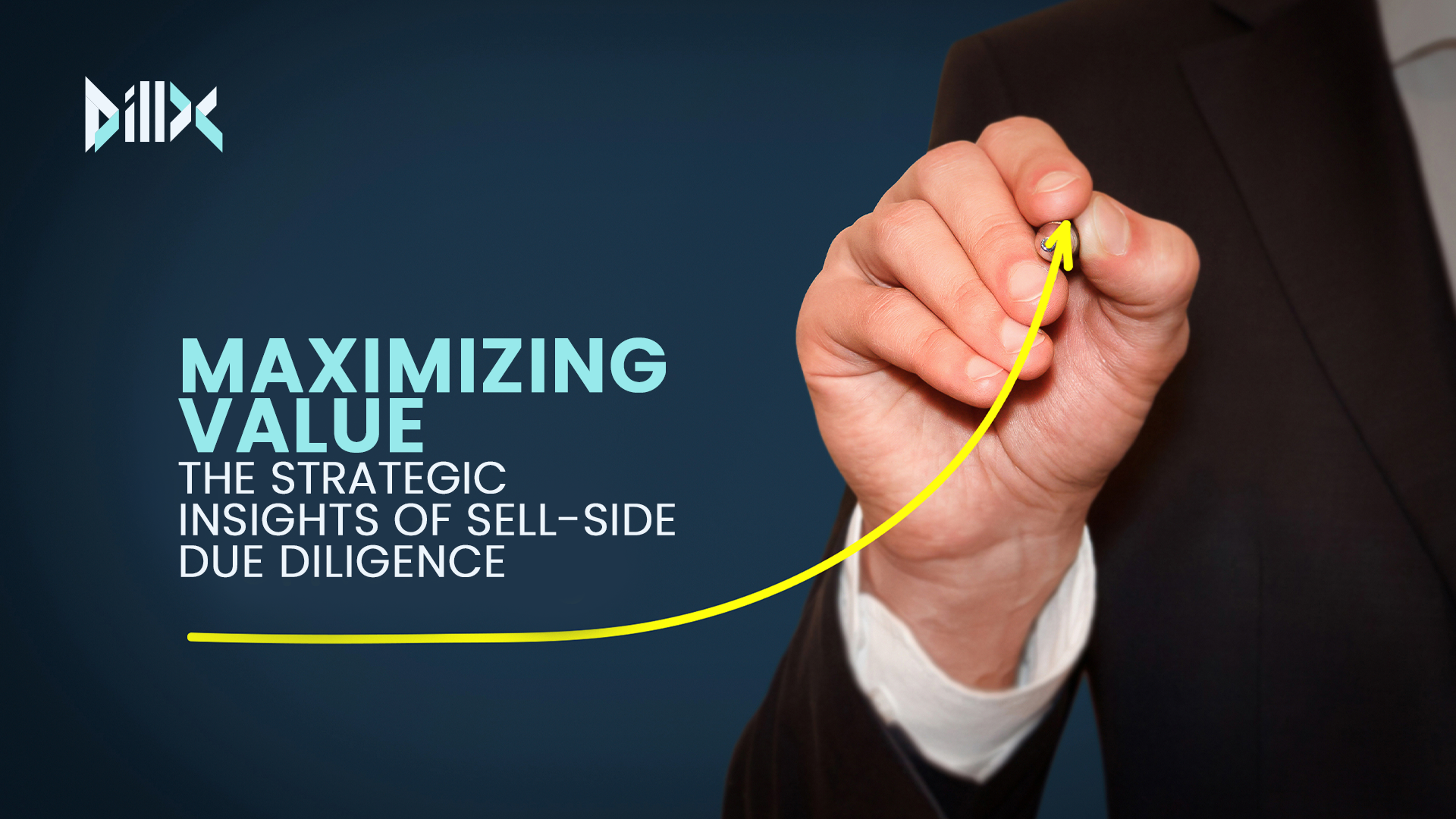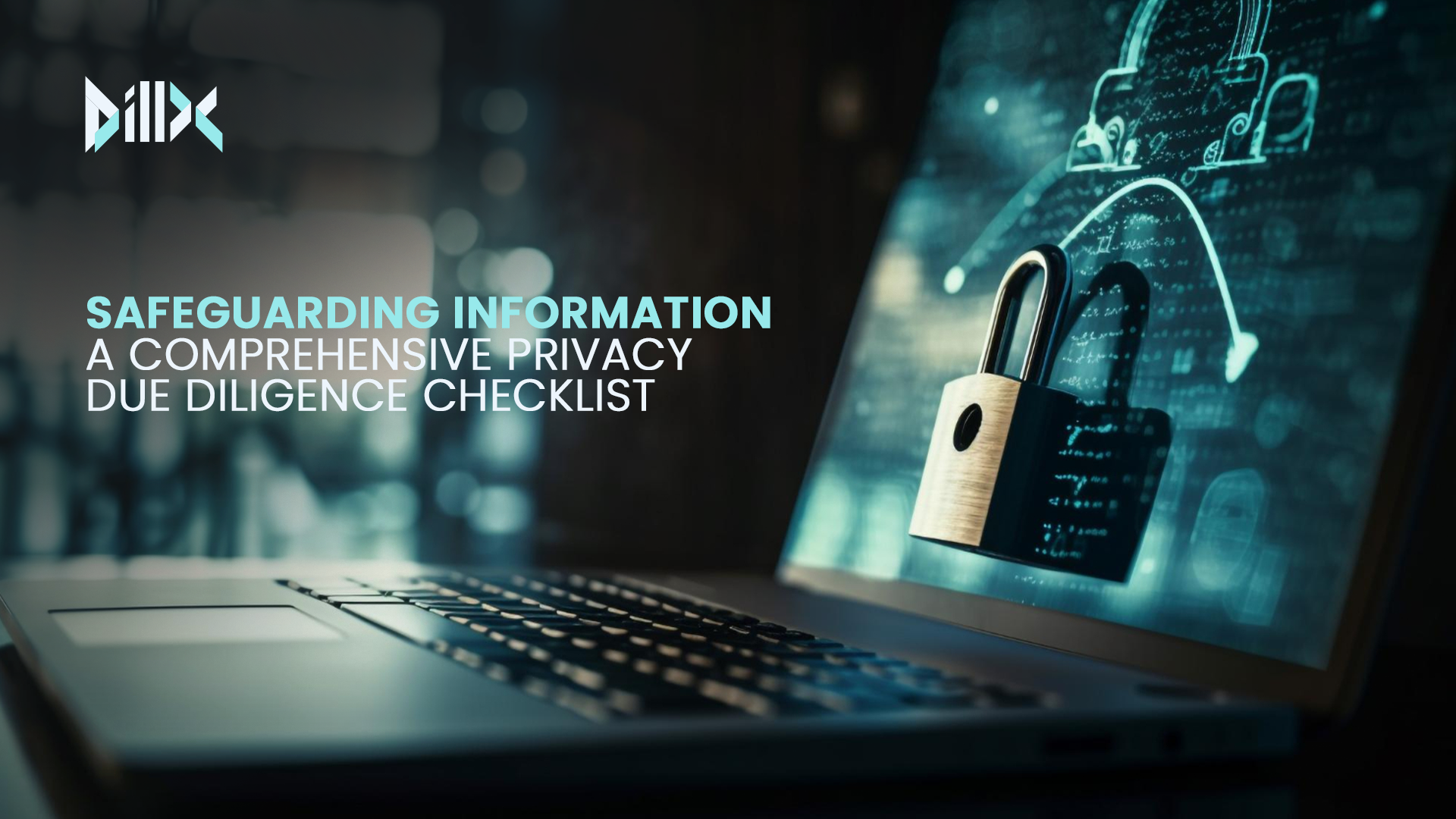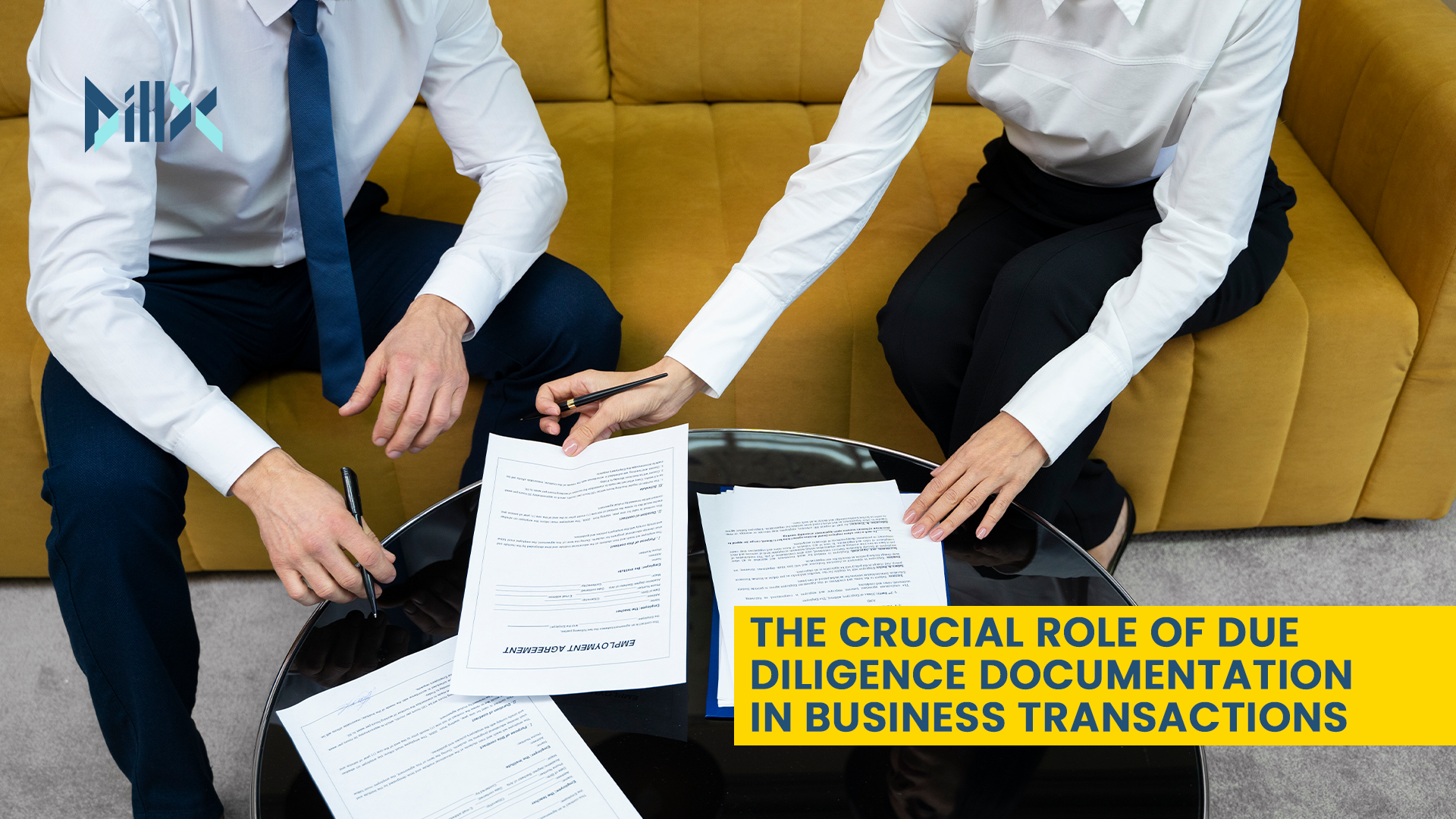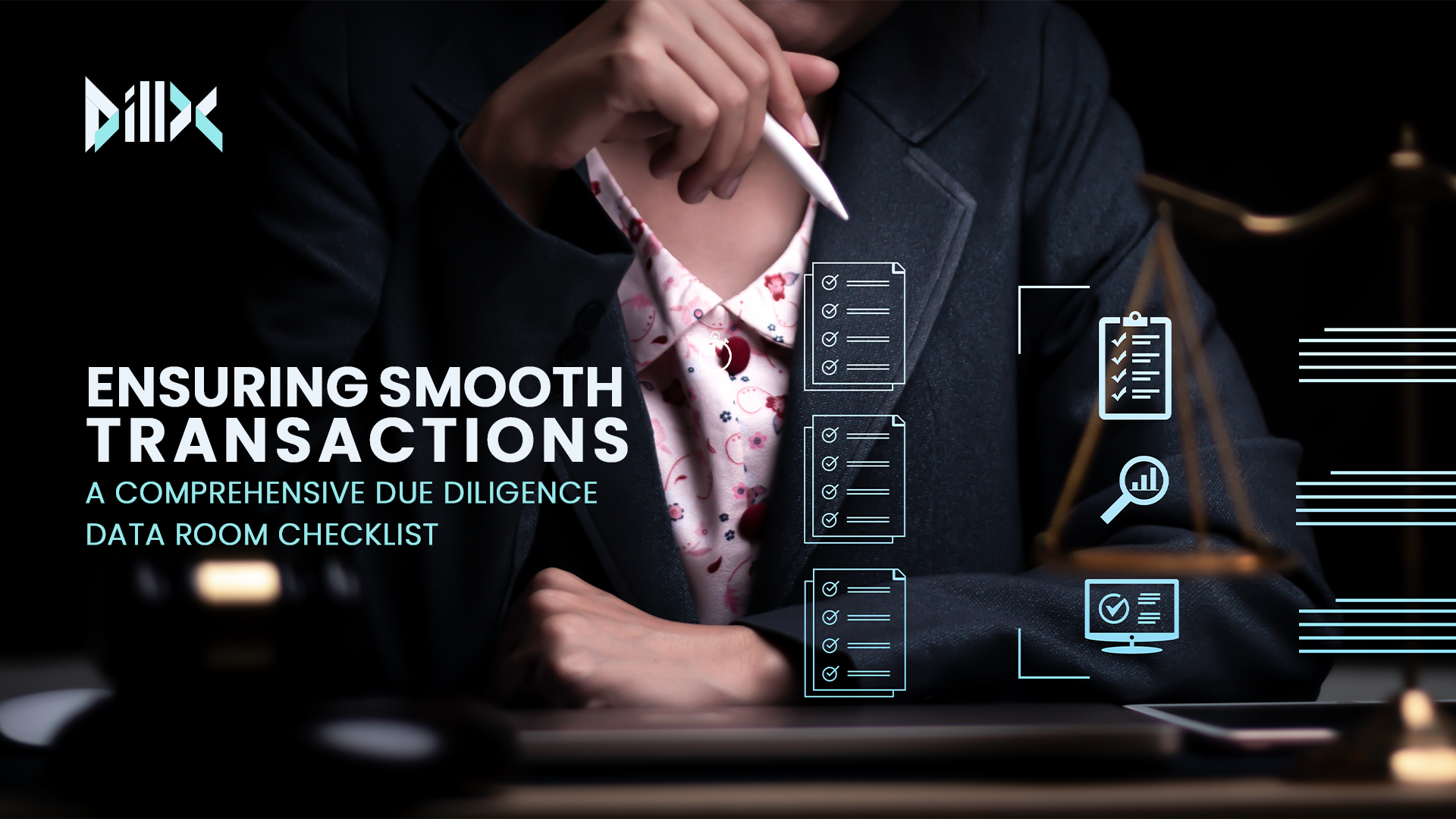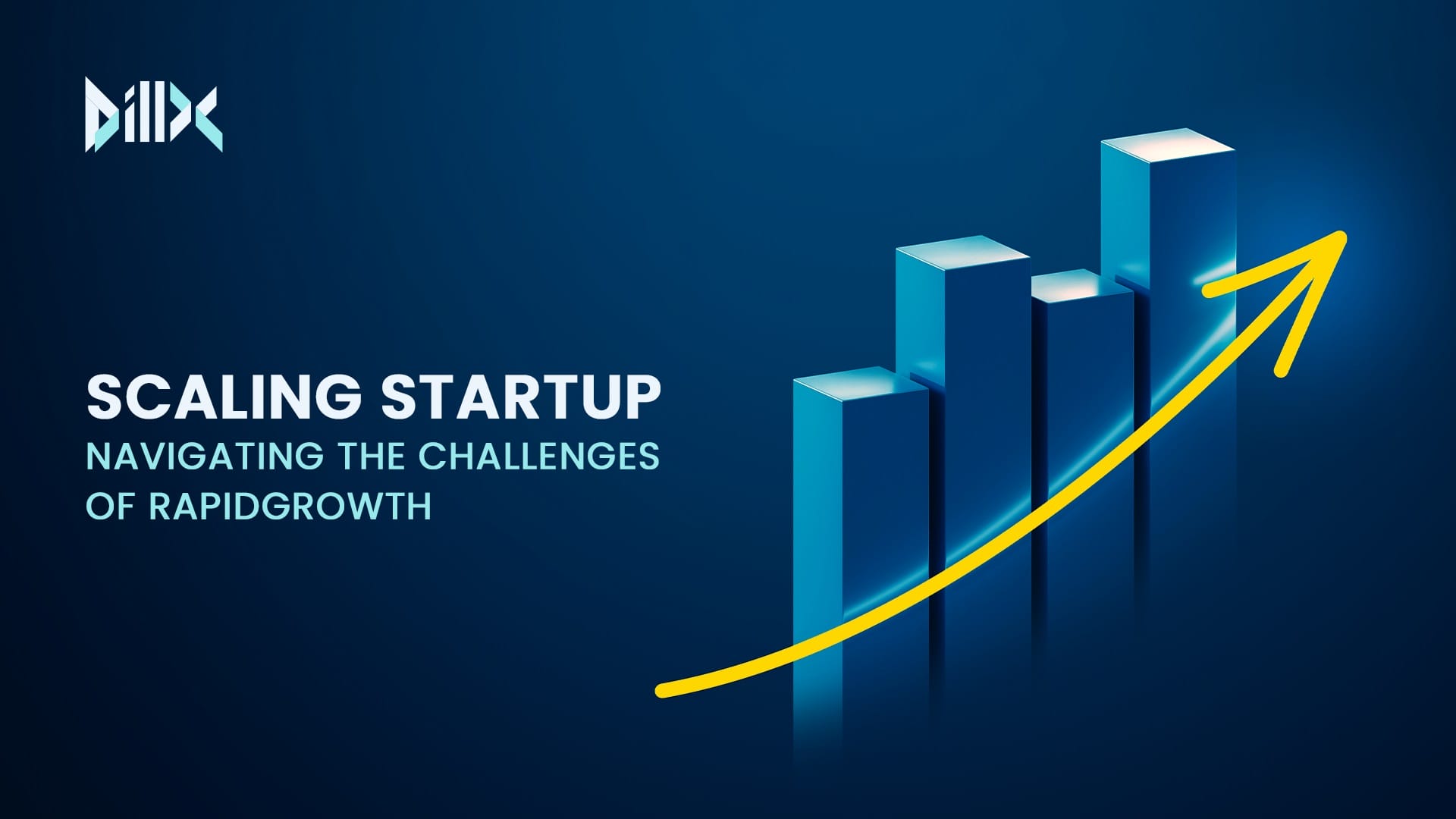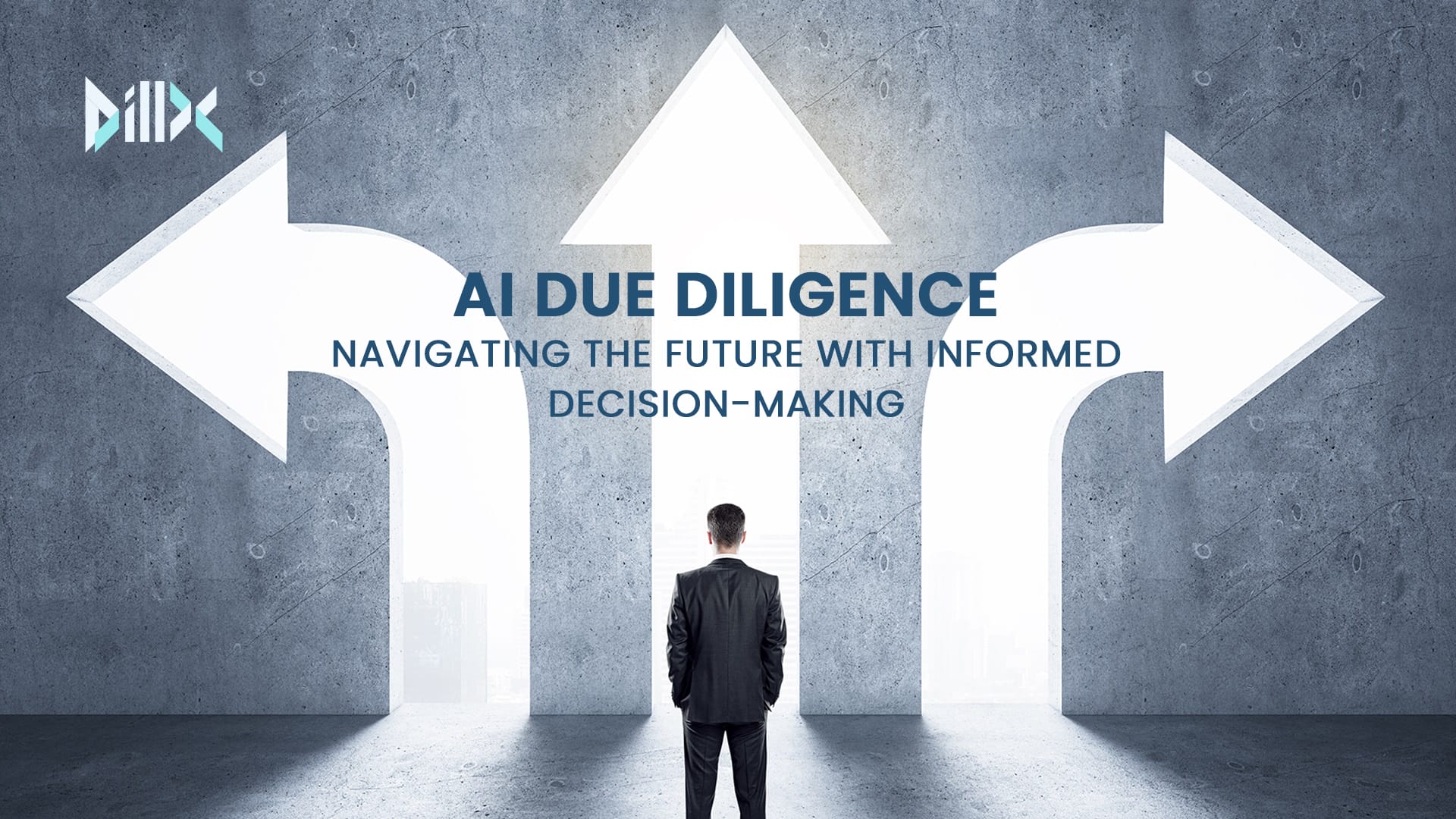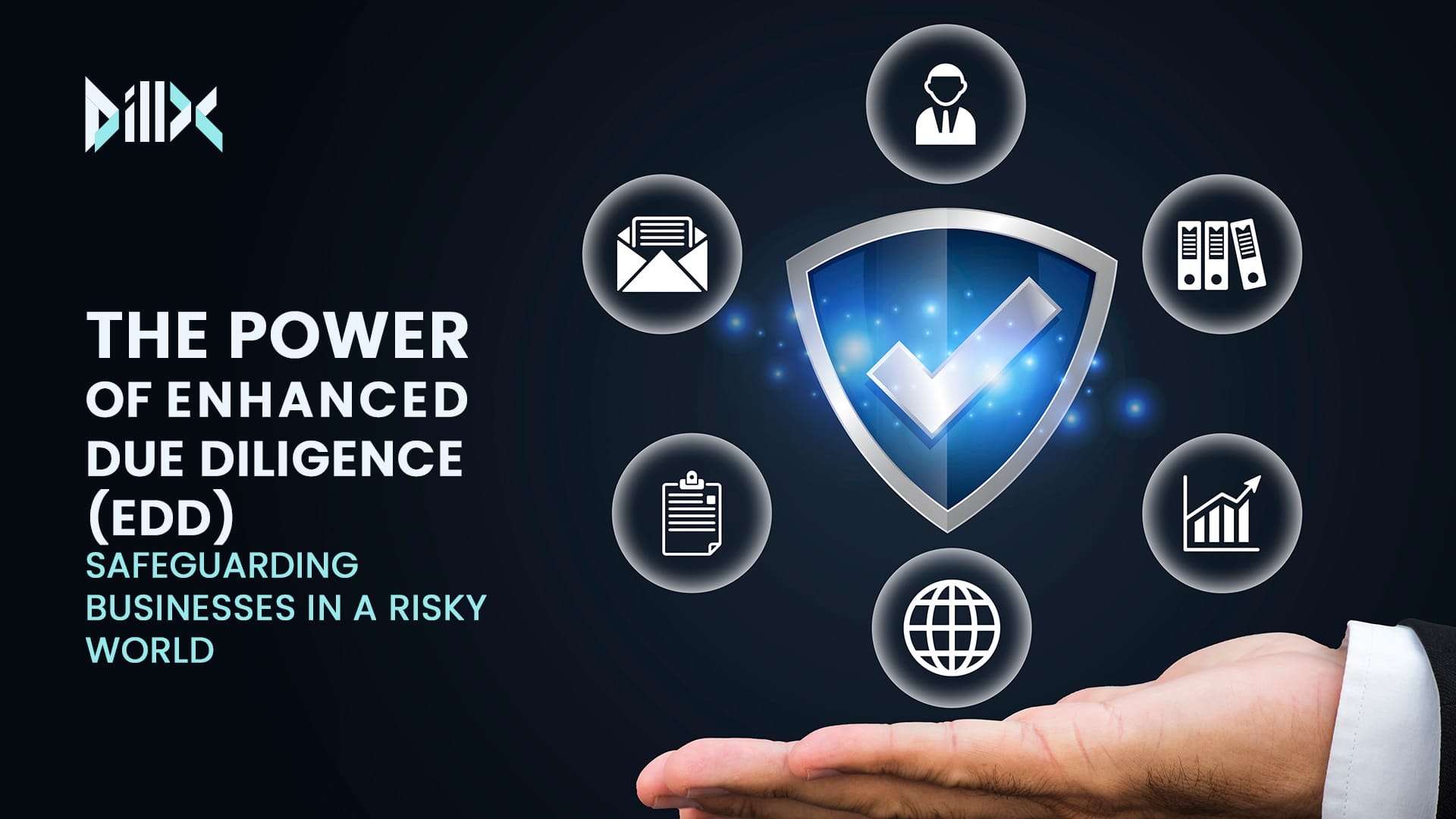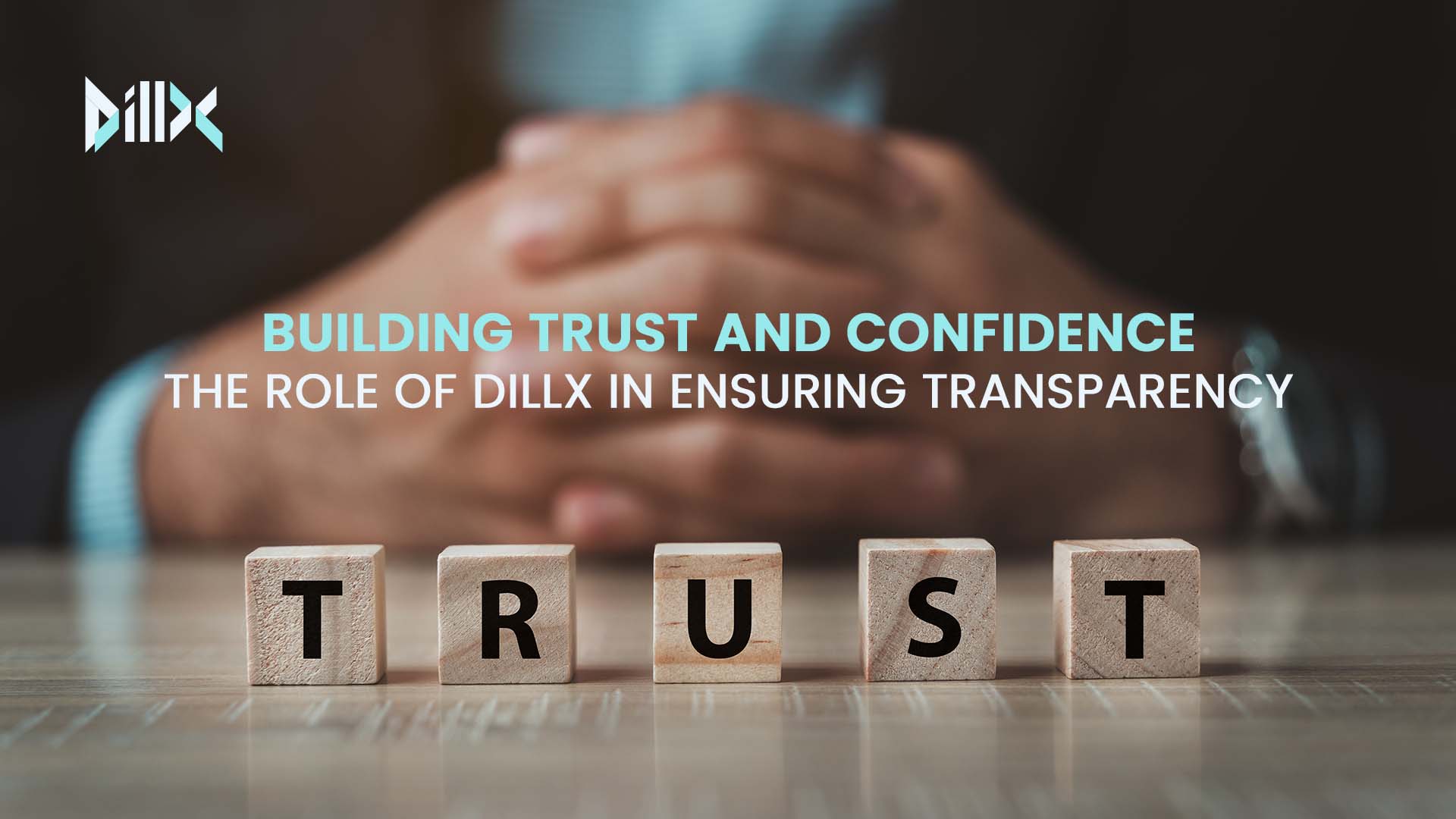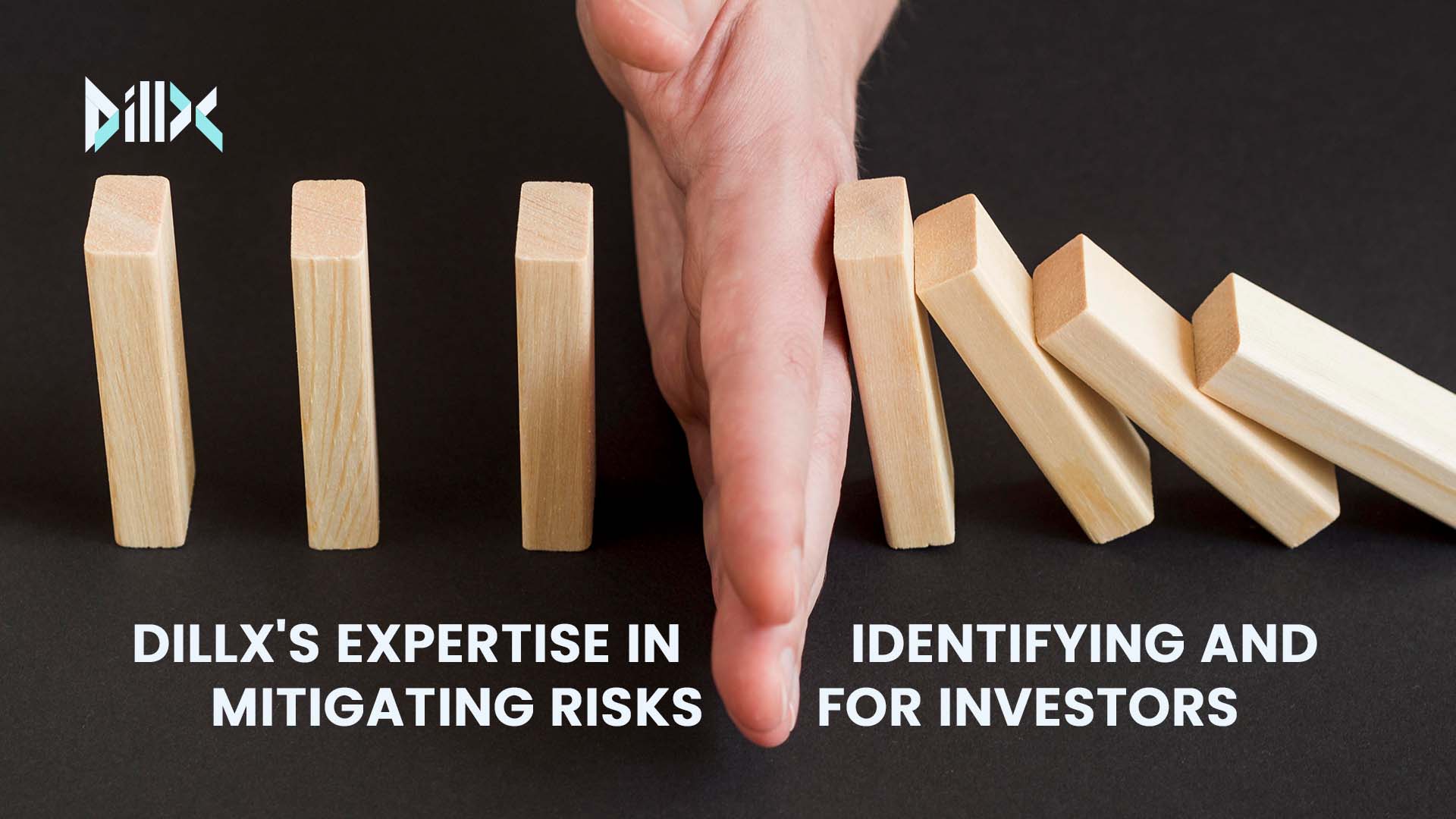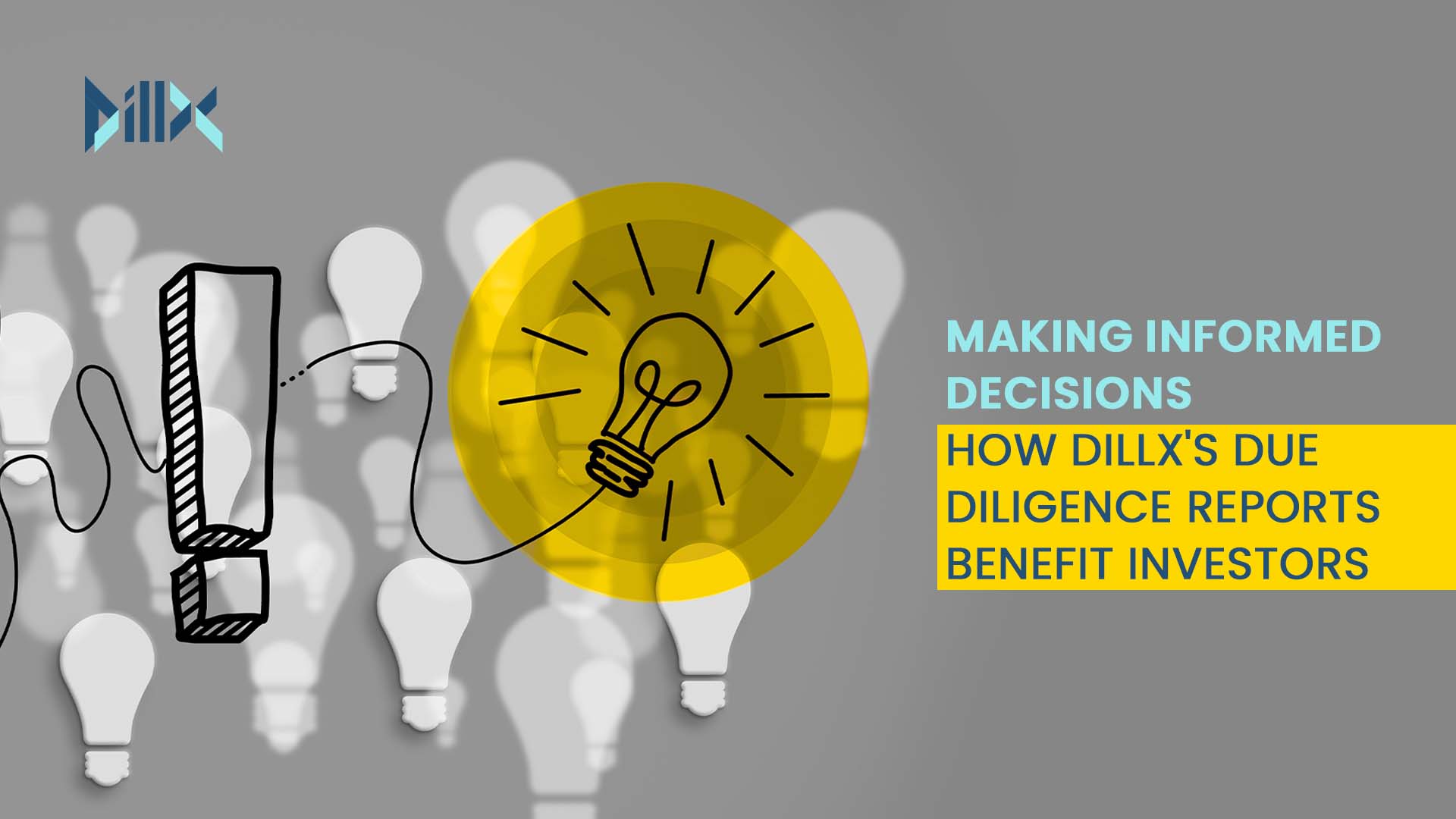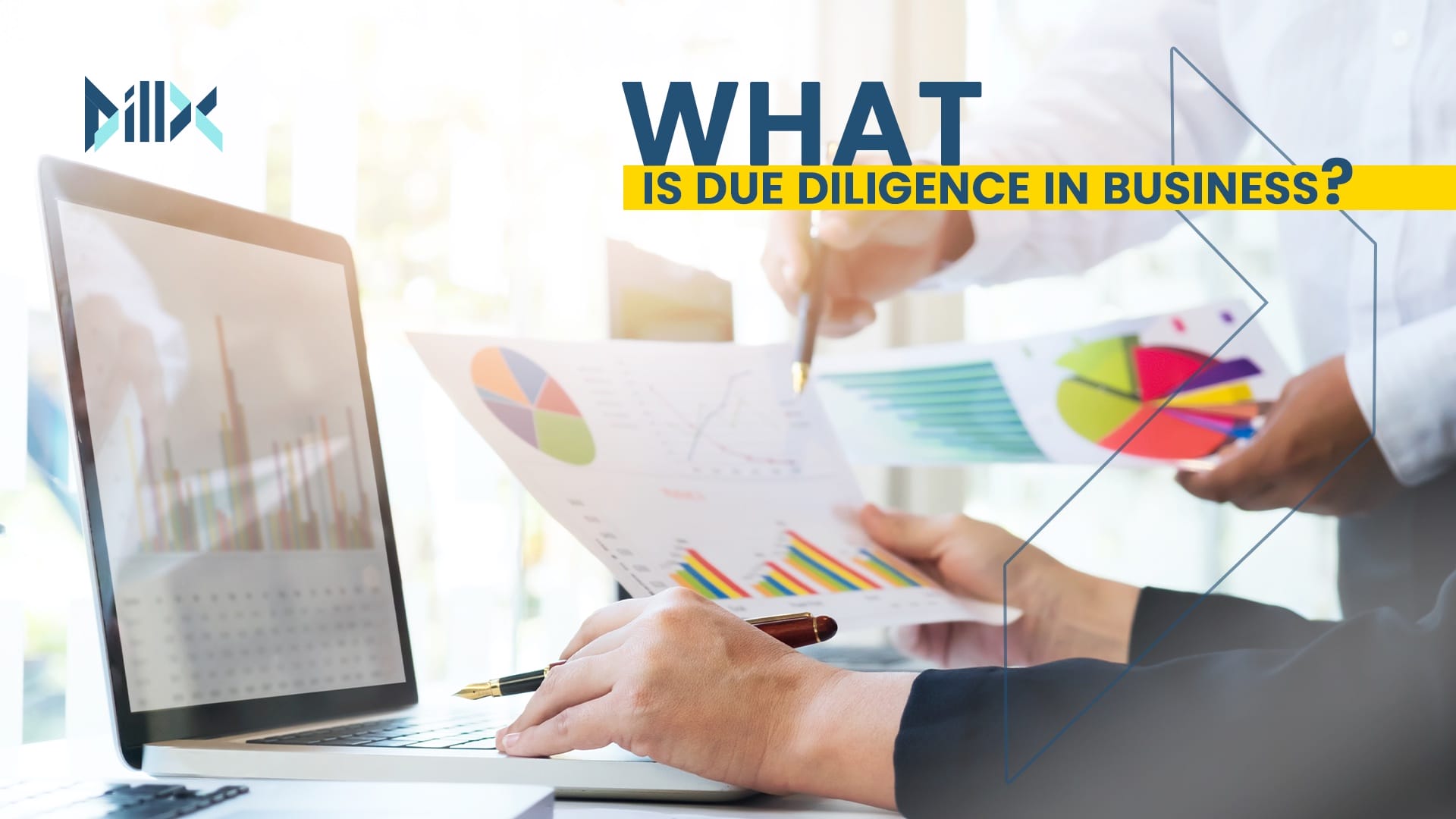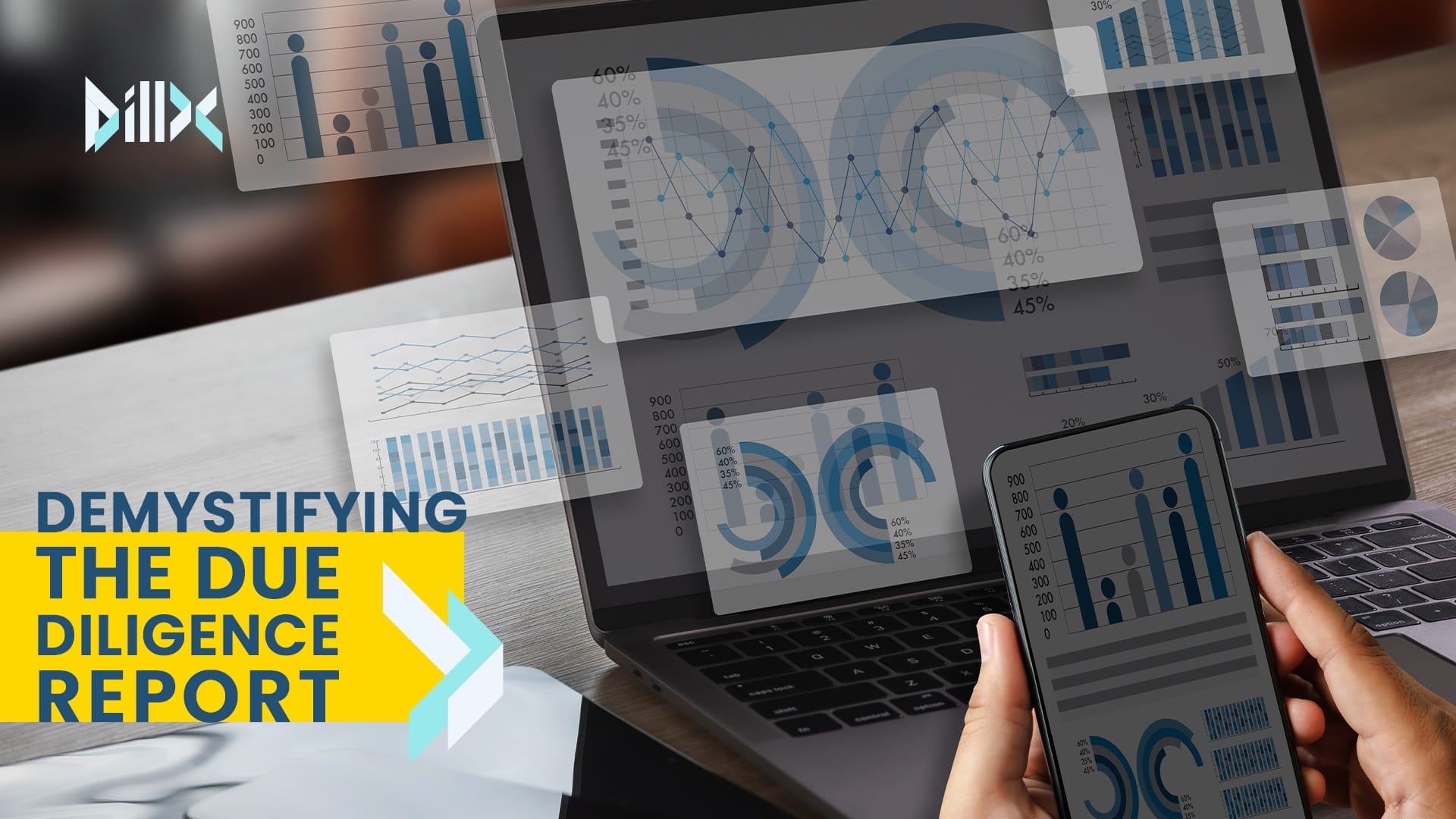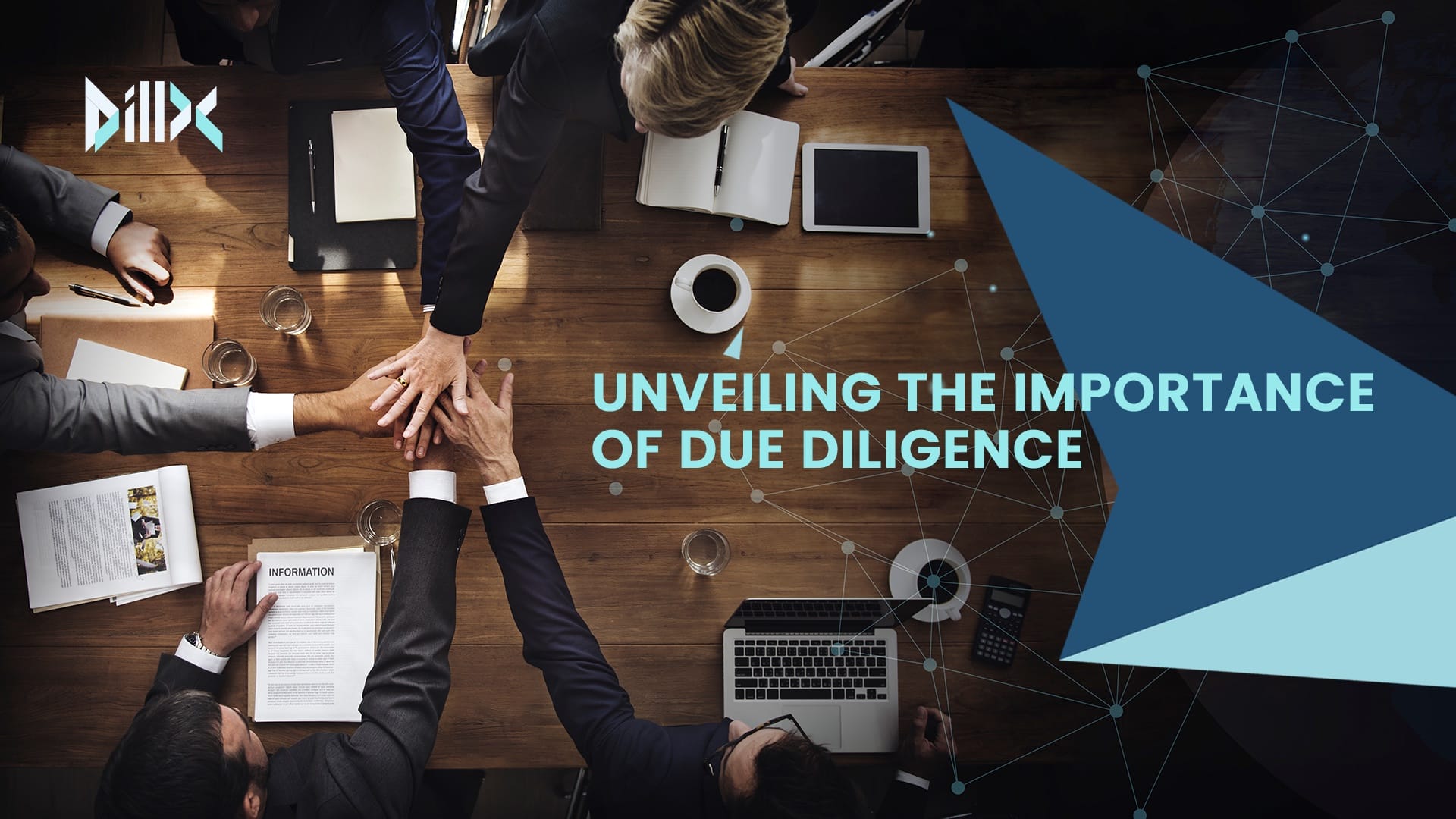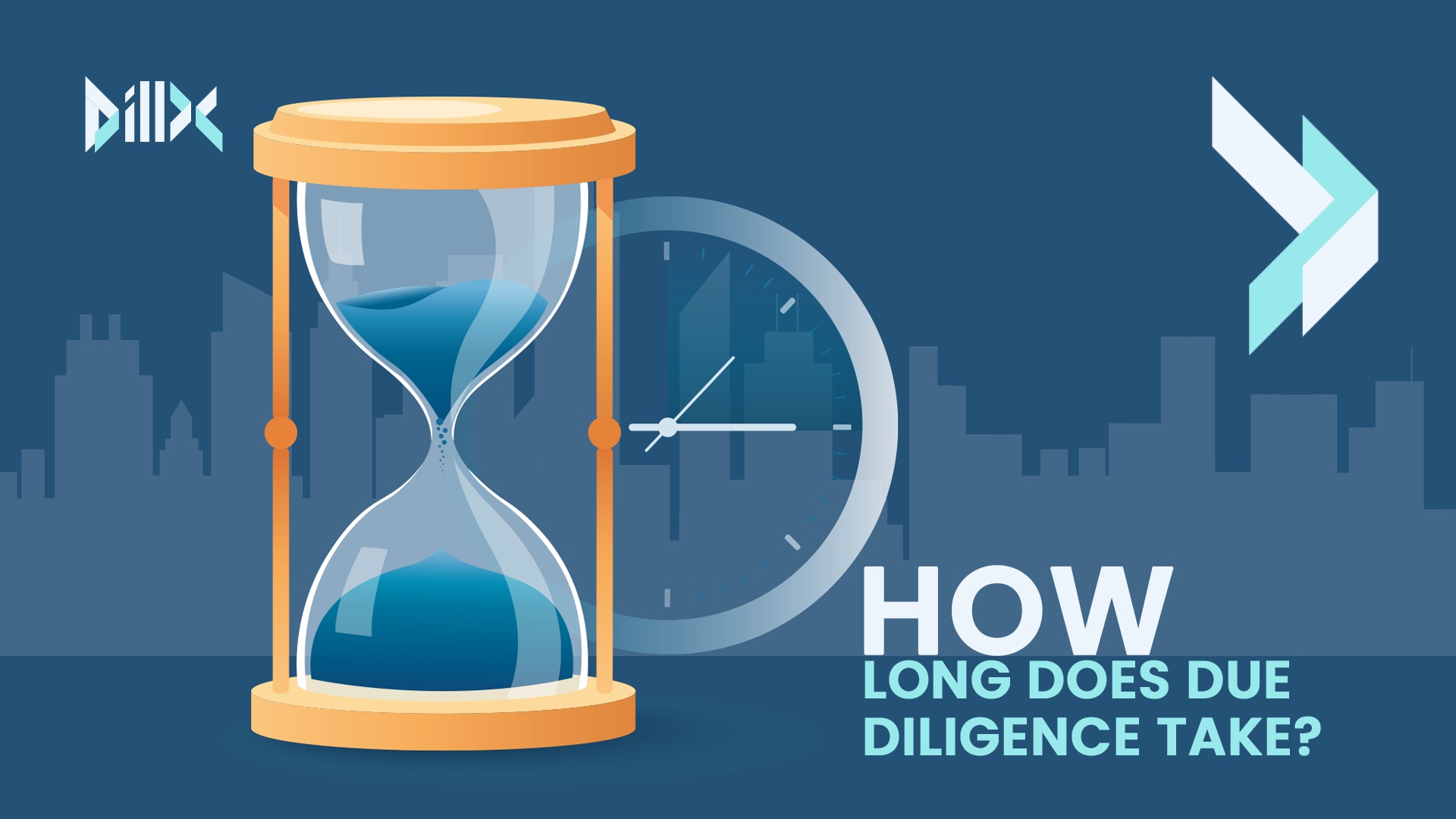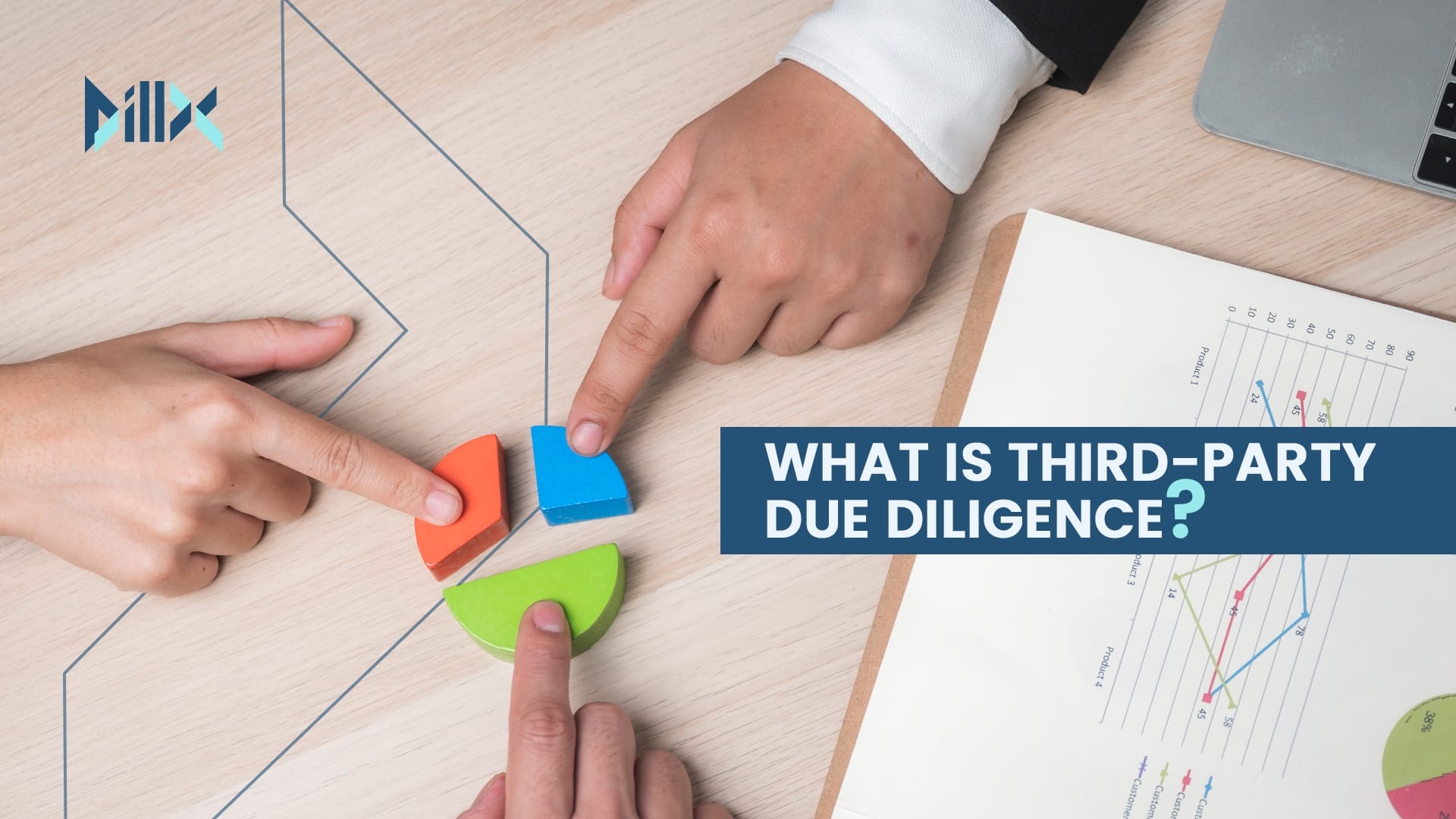In the fast-paced and interconnected global marketplace, businesses face countless opportunities for growth, but they also encounter significant risks, especially concerning financial crimes such as money laundering, terrorist financing, and fraud. To safeguard against these threats, businesses are increasingly adopting Customer Due Diligence (CDD) as a fundamental practice in their operations. CDD is a crucial process that enables companies to identify and understand their customers, mitigate risks, and foster transparent and responsible business relationships. In this blog post, we will delve into the world of Customer Due Diligence, its significance, and the best practices that underpin its effectiveness.
What is Customer Due Diligence (CDD)?
Customer Due Diligence refers to the systematic process through which businesses assess the potential risks posed by their customers before establishing or continuing any business relationship with them. The primary objective of CDD is to gather relevant information about customers’ identities, activities, and financial dealings to ensure they are genuine and not involved in any illicit activities. By conducting CDD, companies can make informed decisions, minimize exposure to risk, and demonstrate their commitment to ethical business practices.
The Four Pillars of Customer Due Diligence
- Customer Identification: The first step in CDD involves identifying and verifying the identity of customers. This process typically includes collecting official identification documents, such as passports or driver’s licenses, as well as obtaining basic information such as names, addresses, and contact details.
- Beneficial Ownership: Understanding the beneficial owners of a customer is crucial to trace any hidden interests or connections that might pose a risk. Beneficial owners are individuals who ultimately own or control a legal entity, and identifying them helps prevent potential money laundering and corruption.
- Risk Assessment: Conducting a risk assessment is vital to categorize customers based on the level of risk they present. High-risk customers, such as politically exposed persons (PEPs) or businesses in industries prone to financial crimes, require enhanced due diligence to ensure compliance with relevant regulations.
- Monitoring and Reporting: Customer relationships are not static, and risk profiles can change over time. Regularly monitoring customer activities and reporting suspicious transactions to relevant authorities are essential components of ongoing CDD.
The Importance of Customer Due Diligence
Adopting robust CDD practices offers numerous benefits to businesses and the broader society:
- Compliance with Regulatory Requirements: Many countries have strict anti-money laundering (AML) and counter-terrorism financing (CTF) laws that mandate businesses to implement CDD measures. Failing to comply with these regulations can lead to severe penalties, reputation damage, and legal consequences.
- Risk Mitigation: By understanding the risks associated with customers, businesses can take appropriate measures to mitigate potential threats, safeguarding their assets and reputation.
- Building Trust and Reputation: Implementing thorough CDD fosters transparency and integrity in business relationships, enhancing the trust between companies and their customers.
- Preventing Financial Crimes: CDD acts as a critical barrier against money laundering, fraud, and other financial crimes that can destabilize economies and harm society as a whole.
Best Practices for Effective Customer Due Diligence
- Written Policies and Procedures: Establish clear and comprehensive CDD policies that align with local and international regulations, and ensure that all employees are well-versed in their implementation.
- Automated Solutions: Utilize technology-driven solutions, such as AI-based identity verification and risk assessment tools, to streamline and enhance the efficiency of the CDD process.
- Ongoing Monitoring: Regularly update customer profiles and monitor their activities to detect any changes in risk levels promptly.
- Training and Awareness: Educate employees on the importance of CDD, potential red flags, and how to handle suspicious activities.
Conclusion
In a world where financial crimes pose significant threats to businesses and society, Customer Due Diligence stands as a crucial defense against such risks. By identifying and understanding their customers, businesses can cultivate ethical and responsible business practices while simultaneously ensuring compliance with regulatory requirements. Embracing CDD not only protects companies from potential risks but also plays a key role in promoting transparency, trust, and stability in the global marketplace.
About DillX
Unlock the power of streamlined due diligence with DillX. Say goodbye to months of manual, costly processes and embrace efficiency in just 3 days. Our SaaS platform automates the entire due diligence process, generating detailed DX reports with pre-verified company information and red flag alerts. Founders can track their investment readiness, while investors can assess more startups with reduced risk. Ready to transform your due diligence experience? Join our waitlist today.














